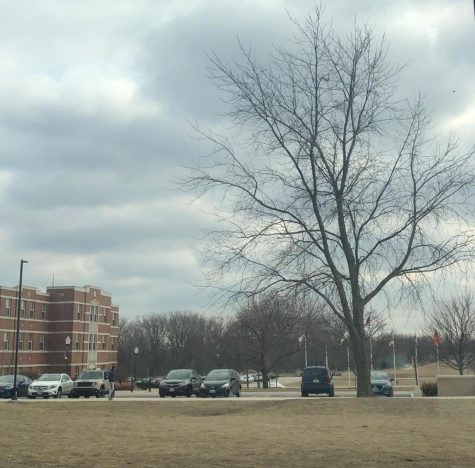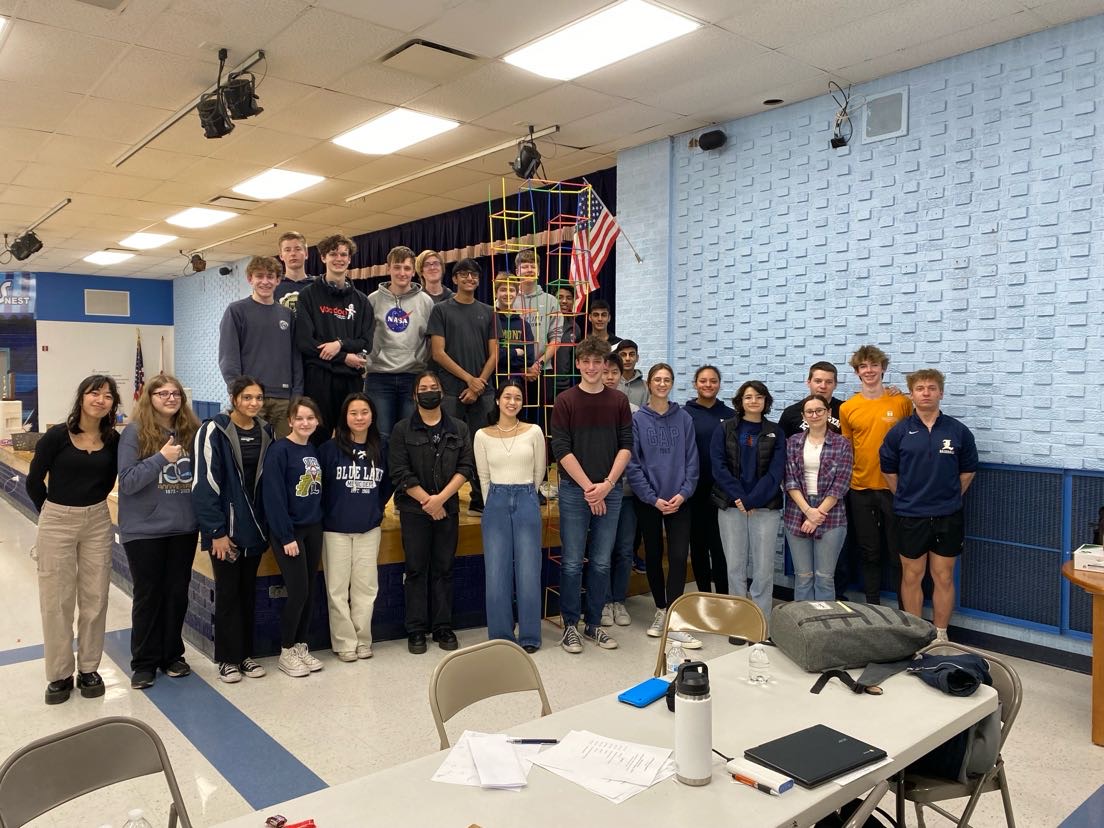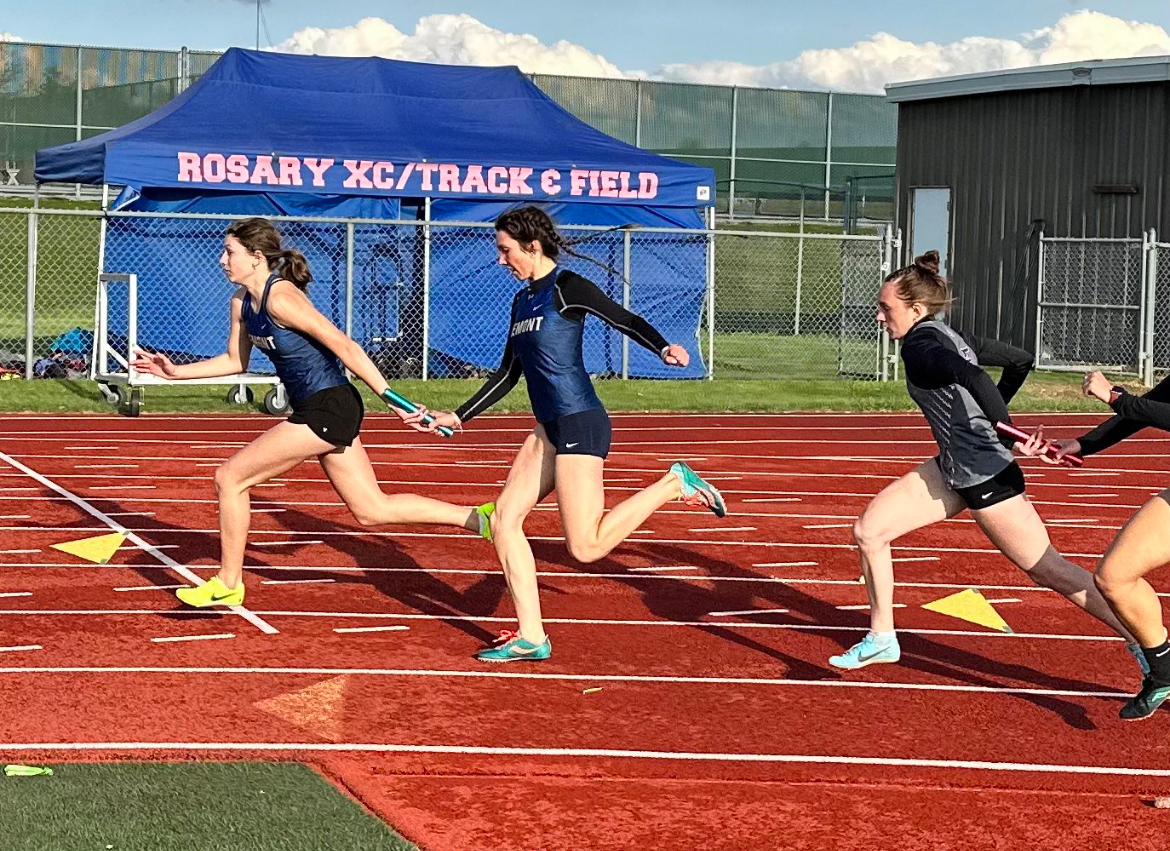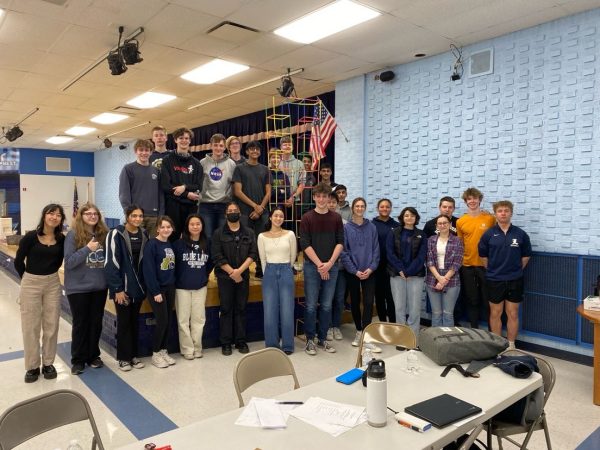To vaccinate or not to vaccinate?
March 8, 2019
The new year has brought new threats to global health, with anti-vaxxers being classified as one of the top threats by the World Health Organization. The anti-vax movement is one that promotes the refusal and the elimination of mandated vaccines and boosters. Its presence has become more apparent locally, as numerous measles and mumps outbreaks have surfaced. Efforts have increased to cease the growing anti-vax movement, but its global developments might prove too much for a swift conclusion.
Perhaps the growth and commencement of the anti-vax movement has been a result of advancements in modern technology. Endless distributions of anti-vax propaganda have transpired across multiple social media platforms and have increased approval. One of the main reasons why vaccine denialism is populated is because inconsistency of the internet has caused discrediting of health professionals and decades of scientific medical research. It’s a common rule of thumb that not everything you see on the internet is true, however these days most if not all people are reliant on the internet to obtain information.
The claims of anti-vaxxers should be regarded as pseudoscience as they have no prior experiences with those preventable diseases seeing as they were formerly eradicated. Others defend their anti-vax position through religious exemption or through the idea that their personal choices and opinions should not be disregarded. Most anti-vax perspectives preach of the injuries that have happened as a result of vaccines which are often complementary with personal short stories. In response, those who support the implementation of vaccines and boosters have begun to respond with stories of their own.
In Dec. of 2018, the Will County Health Department announced a case of mumps on Lewis University Romeoville campus. “I felt unsafe because mumps is an airborne disease. Every update there was about more students getting the mumps made me more cautious about the people around me,” said Lewis University sophomore Shania Gimenez.
Five out of the nine suspected mumps outbreak have been confirmed. To completely terminate further hazard, Lewis took certain precautions.
“I think Lewis has done a good job with dealing with the mumps outbreak. They have gave students consistent updates and provided Measles, Mumps, and Rubella vaccines/boosters for their students,” said Gimenez.
Anti-vaxxers are not only endangering others but also the safety of themselves and their children. In fact, a countless amount of scientific medical research has shown that there’s a higher chance of getting harmed by not obtaining vaccines versus getting them. It’s safe to say that vaccines do more good than harm, after all they are scientifically designed to prevent diseases. Amongst other terms, vaccines are truly the deviation from life and death.
Gimnez is a nursing major who has consistently been taught about the importance of vaccines. She said, “I think anti-vaxxers have added to the outbreak of diseases – people who do not vaccinate may cause the virus to mutate. To prevent spread of disease, people should be vaccinated to protect those who cannot get a vaccination due to other conditions. We need to promote vaccinations to keep outbreaks from occurring.”

The Lewis University Campus (pictured above) held immunization clinics for students to become vaccinated and obtain their proof of immunization. Those who didn’t provide immunization paperwork were barred from campus during finals week.









